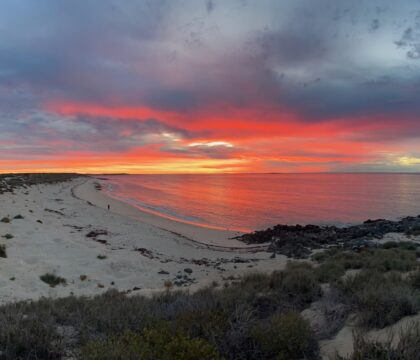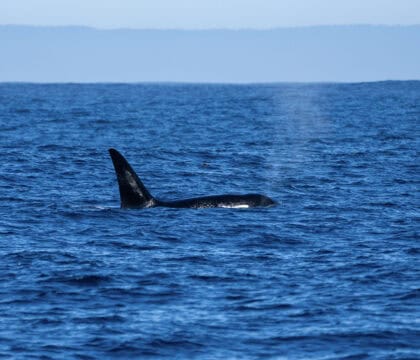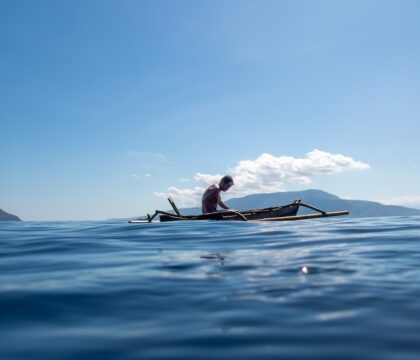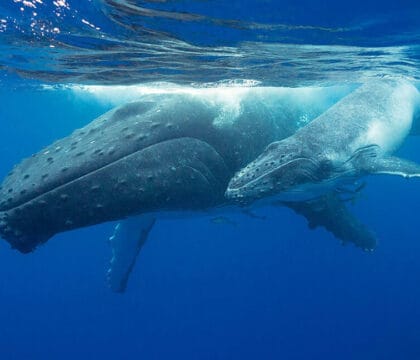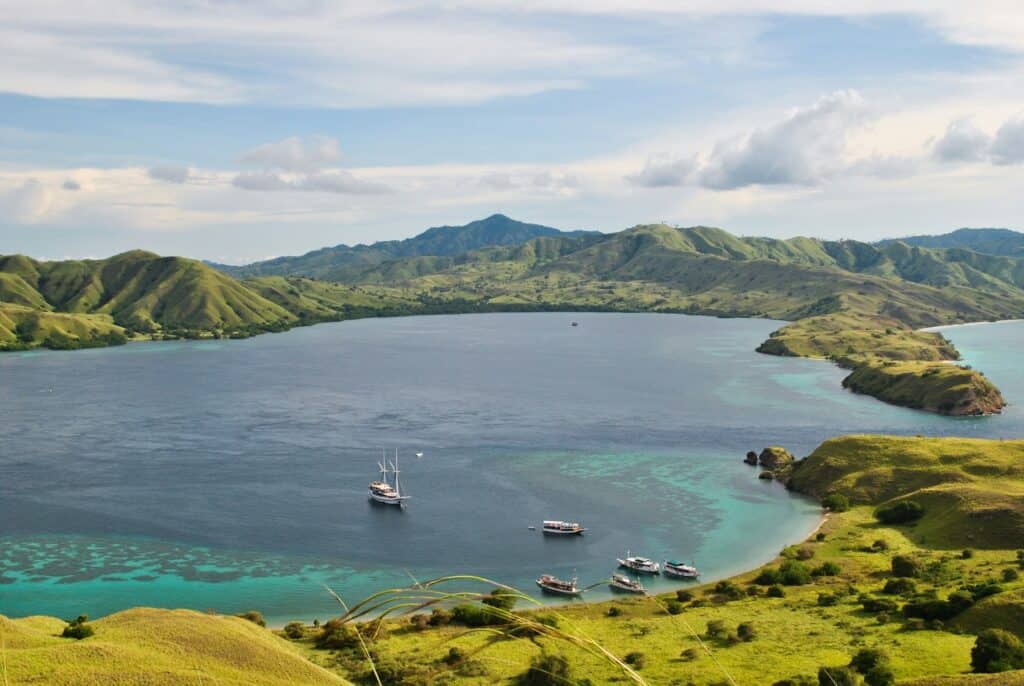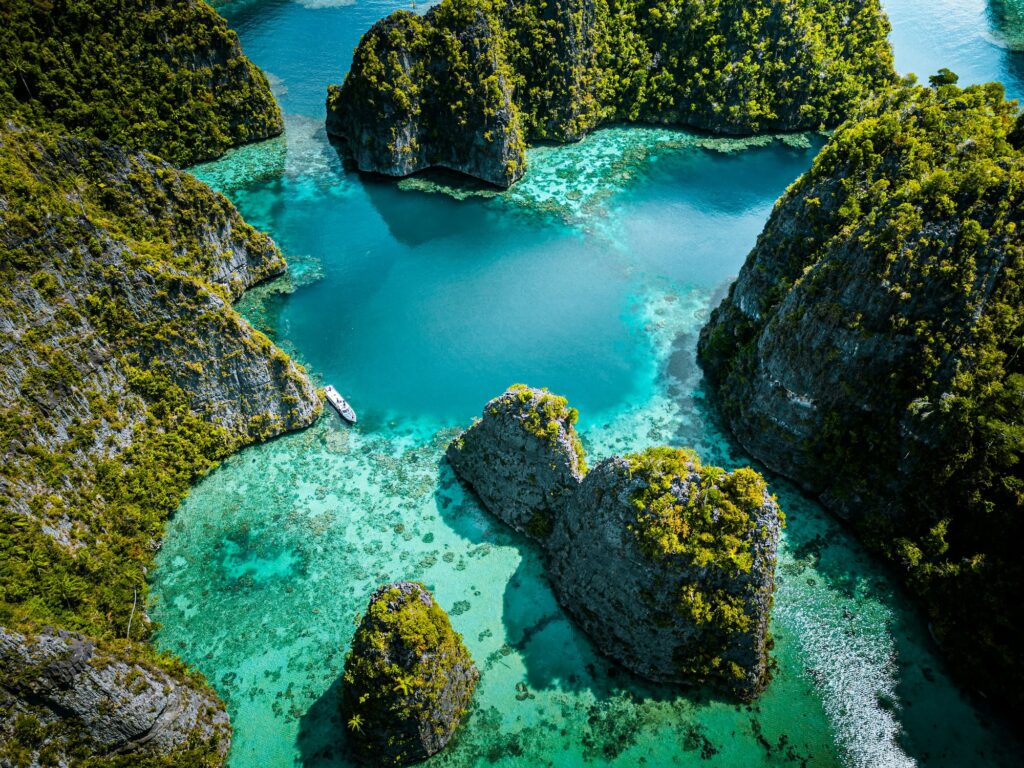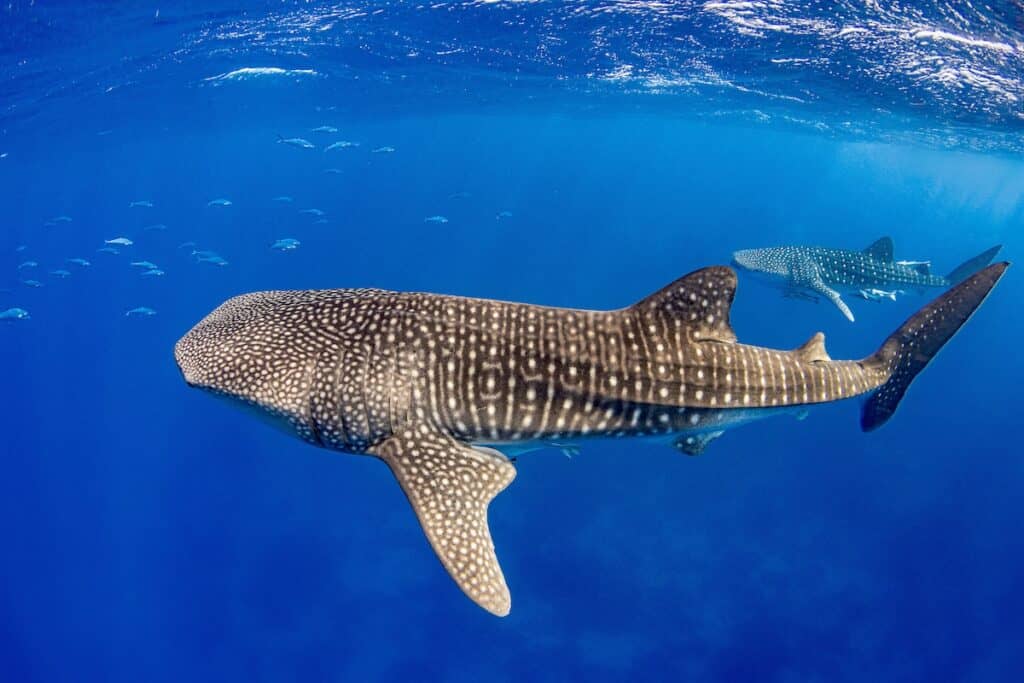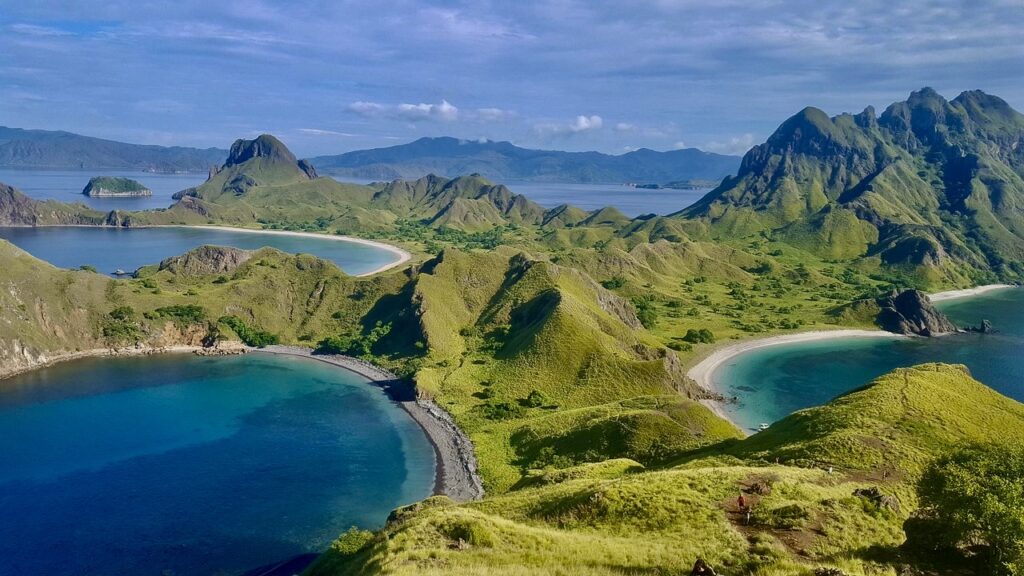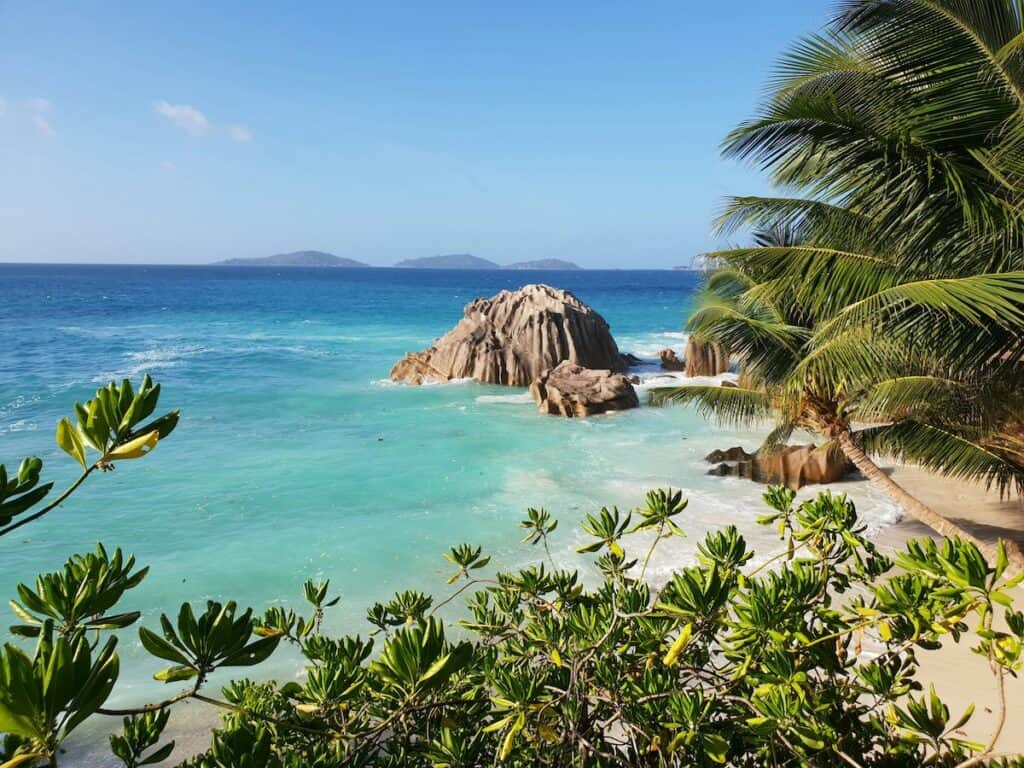April 8, 2016 • News Announcements, Ocean Facts
Since 2011, Ph.D. candidate at the Graduate Center and Hunter College, City University of New York, Eric Ramos has been studying bottlenose dolphin behavior from Oceanic Society’s field station on Blackbird Caye in Turneffe Atoll, Belize. Eric’s research builds on more than 20 years of research on dolphins in Belize by Oceanic Society researchers.
In addition to basic visual observation (above and below the water) and photographic identification, Eric has employed a variety of tools to assist with his research, including Ecological Acoustic Recorders (EAR), hydrophones (to capture audio), underwater video, and most recently, unmanned aerial vehicles (UAVs, or “drones”). Those tools help our team to observe the dolphins while also reducing the disturbances that can be caused by the presence of people.
But while technology makes it easier to collect data in the field, it also generates large amounts of material that must be organized, reviewed, and stored. When Eric returns from months of fieldwork, he has to spend many hours studying, organizing, and comparing all of the photographs, videos, audio files, and data sheets that were created in order to interpret the story that they tell about the dolphins.
As he goes through his files, Eric often sends us some of the more interesting video clips, audio files, or other pieces of data for us to share with our community. Eric recently sent us the following two fantastic videos with his notes on what is happening in each – enjoy!

Eric’s notes: “Often times we find groups of dolphins clustered together tightly with their associates. Boats can elicit a variety of behaviors from these animals, and one of the more common behaviors we observe is that the animals approach the boat while producing loads of high-pitched whistles.”

Eric’s notes: “Socializing dolphins often encircle each other during sexual behavior, emitting series of buzzes and whistles as they prod each other with their beaks. In this clip the three active dolphins in the center of the frame are engaged in what is known as “goosing” or rostra-gential contact and “genital buzzing”, with streams of bubbles emitted after buzzes.”

